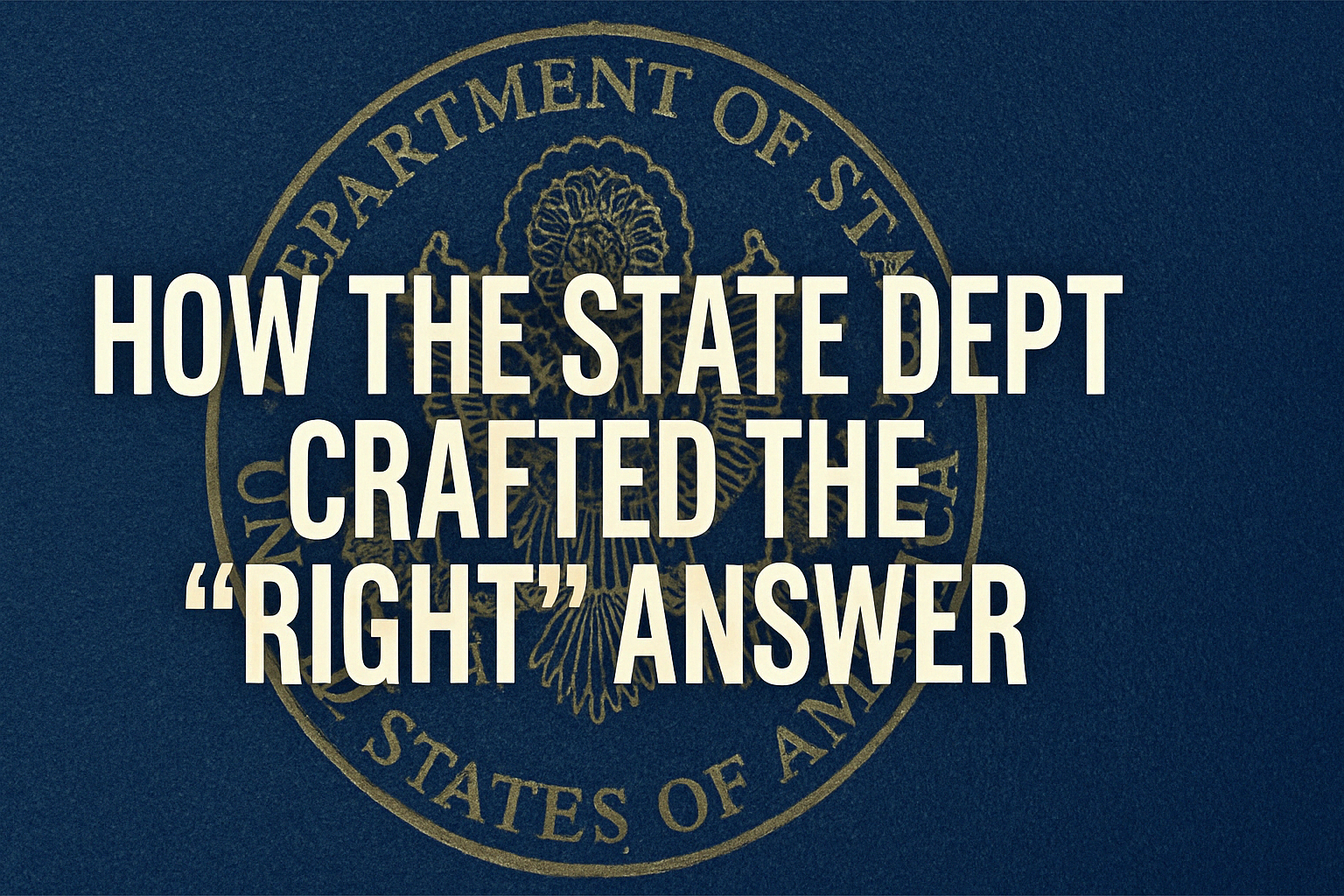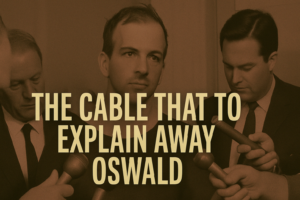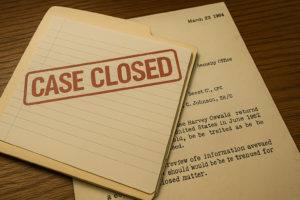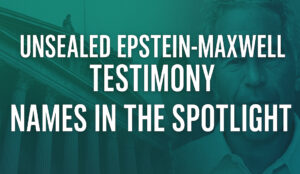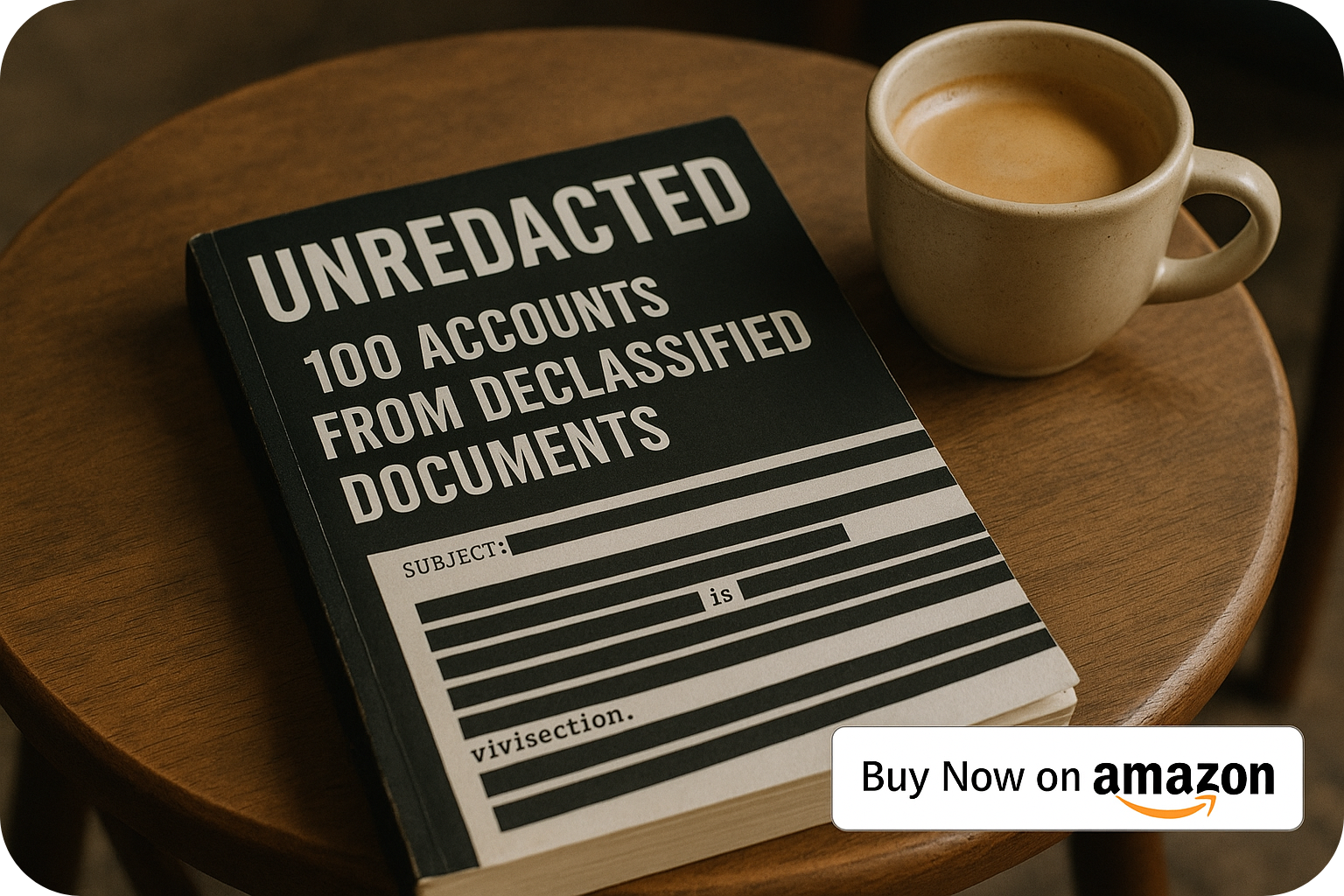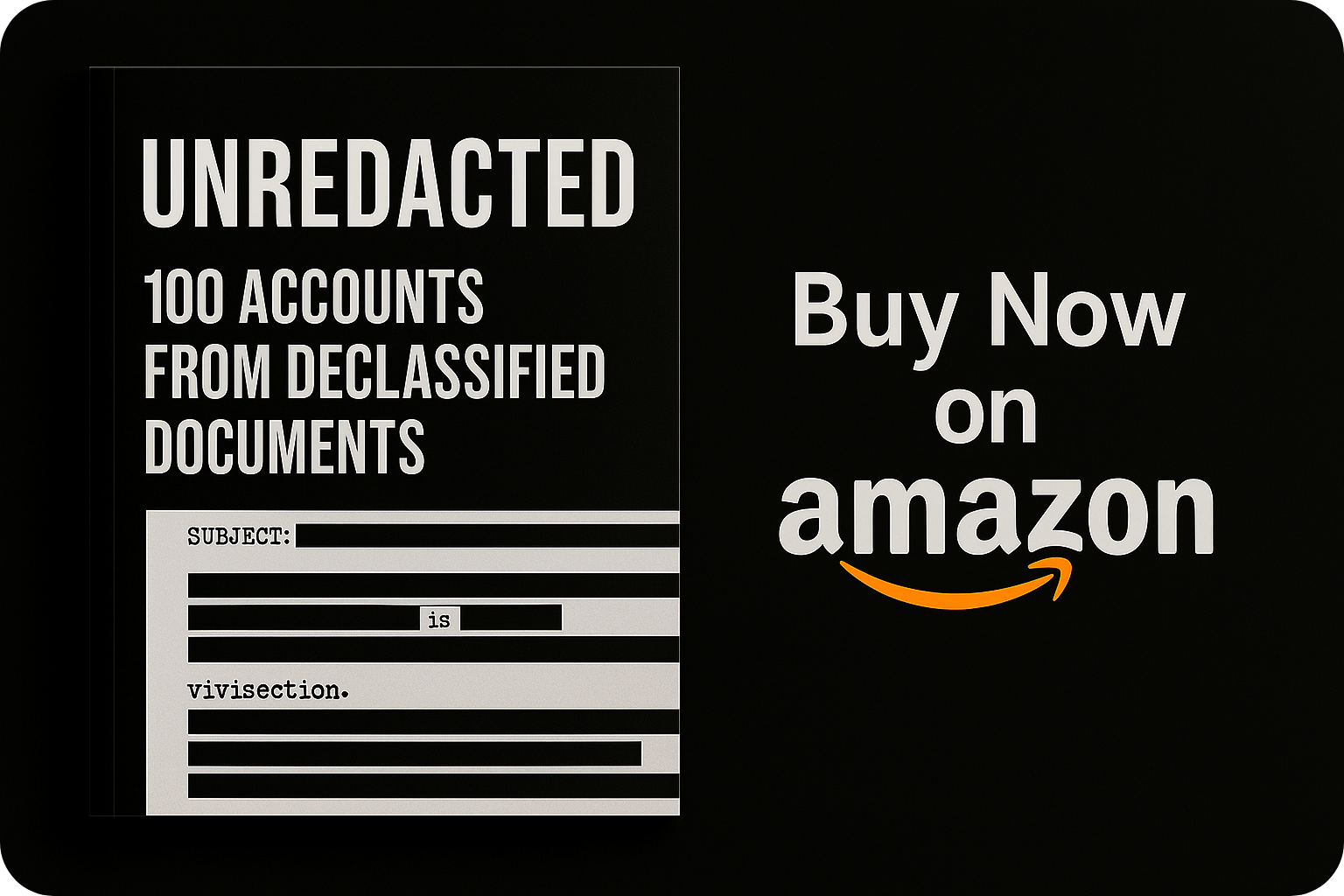Document 194-10006-10316, released in the 2025 JFK files, shows how the U.S. State Department carefully shaped the language used to explain how-and why-Lee Harvey Oswald was allowed back into the country.
The memo doesn’t explore the facts.
It focuses on how to present them.
What mattered wasn’t the truth-it was the optics.
✍️ A Scripted Answer for a Difficult Question
The internal memo includes proposed talking points for press or congressional inquiries into Oswald’s repatriation after his defection to the USSR.
It stresses that Oswald "never formally renounced" his citizenship and that the U.S. government had no legal grounds to deny him a passport or reentry.
"Oswald’s conduct did not place him beyond the protection of U.S. law."
But that explanation skips over context: Oswald publicly stated his intention to give military secrets to the Soviets. And still, the U.S. gave him a passport and let him back in.
The memo’s purpose wasn’t to explore that contradiction-it was to paper over it.
🧾 Words as Policy
What’s striking is how focused the memo is on phraseology. One section discusses softening the language used to describe Oswald’s reentry, recommending terms like "routine processing" and "administrative return."
There’s no exploration of whether any official reviewed Oswald’s file, or flagged his past service in the Marines.
It’s not a briefing on what happened.
It’s a briefing on what to say.
🕳️ A Legal Shield, Not a Moral One
The memo rests on the argument that, legally, the U.S. couldn’t bar Oswald.
But by hiding behind technicalities, the government avoided explaining a deeper problem: how their own bureaucracy enabled a politically radioactive figure to return undisturbed.
And in the weeks after JFK’s death, the goal wasn’t to ask hard questions-it was to make sure no one else did either.
📄 The Answer Was Ready Before the Question
What this memo reveals is that officials anticipated scrutiny-and decided to get ahead of it.
Not with facts.
But with a polished, legally sanitized statement they could repeat under pressure.
Oswald didn’t slip through the cracks.
He was let in through a door no one wanted to admit was open.

